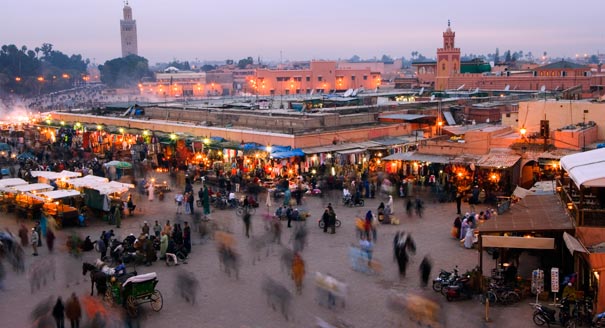Source: World Politics Review
For as long as many Moroccans can remember, they have been told that their country is moving toward reform. They have likewise heard about the government’s near-constant efforts to advance social and political development. But the net effect of these reforms and development programs, particularly in the political realm, has been minimal. That’s largely by design.
When King Mohammed VI ascended to the throne in 1999, he allowed greater freedoms of the press and enacted meaningful social reforms, such as the 2004 revision of the family code, which granted women greater rights and legal protections. He also oversaw efforts to address human rights violations committed during the rule of his father, Hassan II. Along with improving economic indicators, Morocco began to witness stronger respect for human rights and some social progress, including reduced poverty and infant mortality and improved literacy rates...


.jpg)


